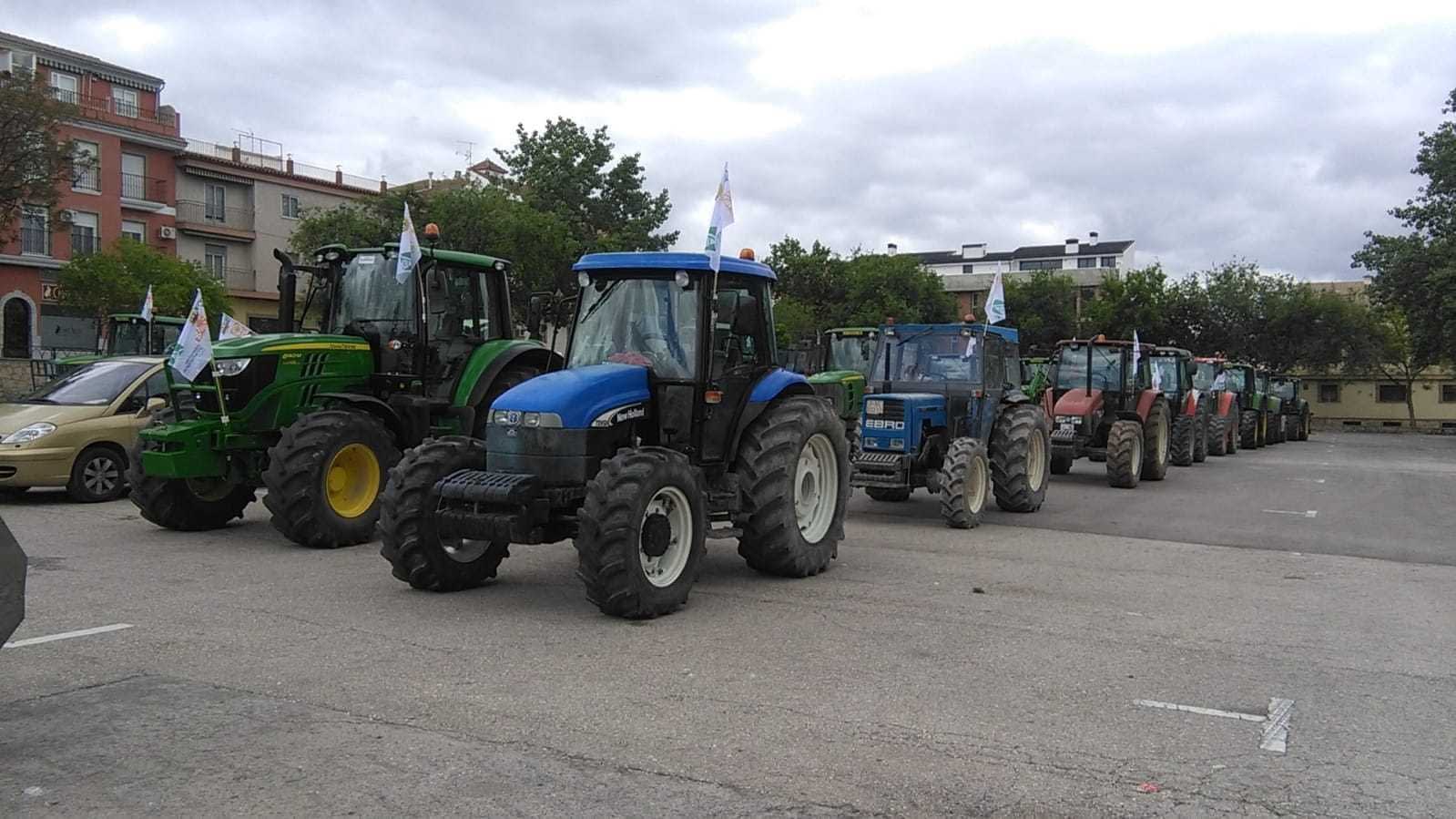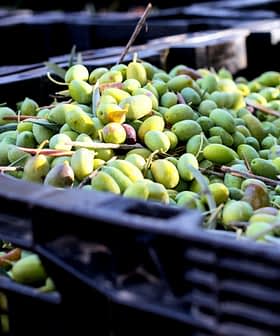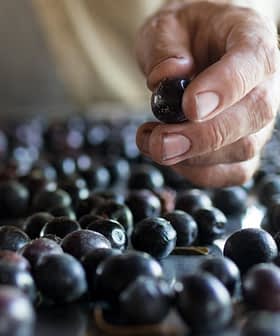Olive Growers in Jaén Protest Aid Reduction in New Budget

Olive growers in Jaén protested a stopgap measure to fund agriculture until the next CAP in 2023, with concerns over funding cuts and early convergence. The Ministry of Agriculture defends the decision, stating it will provide stable support for farmers and ranchers in Spain.
Hundreds of olive growers joined demonstrations in Jaén this week to protest a stopgap measure to fund the agriculture sector until the next Common Agricultural Policy (CAP) comes into force in 2023.
The previous CAP expired at the end of 2020. The Ministry of Agriculture, Fisheries and Food argues that this new funding will allow for a seamless transition into the next agreement.
Jaén must have its own and specific voice in all debates on the CAP due to the weight that agriculture has in our economy.
“The decision adopted today in the Council of Ministers ensures a stable framework of public support for Spanish farmers and ranchers, who will be able to receive about €7.2 billion of CAP aid [per annum],” the ministry said.
“These amounts, together with the budget of the future strategic plan of the CAP 2023 to 2027, will ensure that Spain will have the necessary budget throughout the 2021 to 2027 period, just over €47.7 billion, to face the fundamental challenges of the agrarian sector and rural areas,” the ministry added.
See Also:Italy Pledges Nearly €70M for Olive Oil and Table Olive SectorOne of the more controversial points of the upcoming CAP is the convergence in agricultural payments that will take place in Spain. The next CAP will see some regions of the country lose funding, while others will gain funding.
Previous rounds of stopgap funding have continued to follow what was provided by the previous CAP. However, in this stopgap measure, the Spanish government is beginning the convergence process early. Olive oil-soaked Andalusia will be one of the biggest losers under the new agreement.
As a result, olive farmers and other agriculturalists flooded the streets of Jaén and other cities across the south of Spain to make their discontent known. Separate protests related to the stopgap funding were held in other regions of the country, including Aragón.
Olive farmers and agricultural associations are angry that the intervening agriculture budget decreases the amount of aid paid out per hectare. Some fear that these cuts will lay the groundwork for lower payments in future CAPs.
Luis Carlos Valero, the director of the Association of Young Farmers and Rancher (Asaja) in Jaén, criticized the government for rushing the legislation and passing it without consulting farmers.
Asaja estimates that the stopgap measure could lead some producers to lose 25 percent of the funding they receive from the government. Cooperativas Agro-Alimentarias, one of the most prominent agricultural associations in the country, estimates that the new stopgap funding decreases payments to farmers in Jaén by €150 million per annum.
“The economic situation that olive growers are going to experience will have an unquestionable impact on the economy of the entire province of Jaén and all the towns,” Carlos Valero said.
“We are talking about people who have had a tremendous blow from one day to the next,” added Juan Luis Ávila, the secretary general of the Coordinator of Agriculture and Livestock Organizations (COAG) Jaén. “An olive grower with 10 hectares of irrigated groves lost €1,500 overnight.”
Cristóbal Cano, the secretary general of the Union of Small Farmers and Ranchers (UPA) in Jaén, said that agricultural-reliant regions such as Andalusia should not endure funding cuts to make up for shortfalls in other parts of the country.
“Jaén must have its own and specific voice in all debates on the CAP due to the weight that agriculture has in our economy,” he said. “And we are not going to allow the province… to be the one that pays the price, as has been happening national application after national application.”
However, the ministry argues that these cuts were coming anyways and by starting to phase them in now, olive farmers can better prepare for the future.
“This royal decree allows, during this transition period, to give continuity with total legal certainty to the payment of direct aid received by farmers and ranchers, as well as the measures of rural development programs,” the ministry said. “The necessary adaptations are made to guarantee a smooth and gradual transition between one period and another.”









